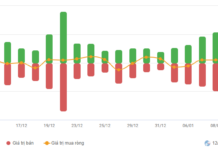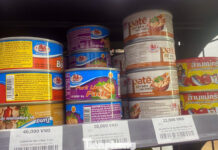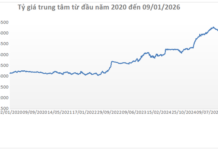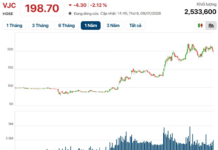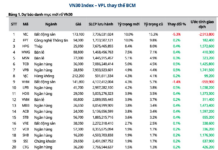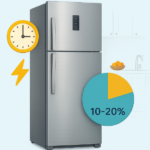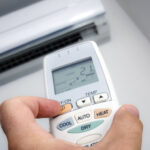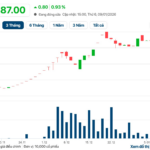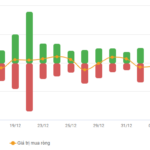As electricity costs continue to rise annually, many households are seeking energy-efficient solutions. Solar water heaters have emerged as a popular choice, touted for their ability to significantly reduce monthly electricity bills. But how effective are they in reality?
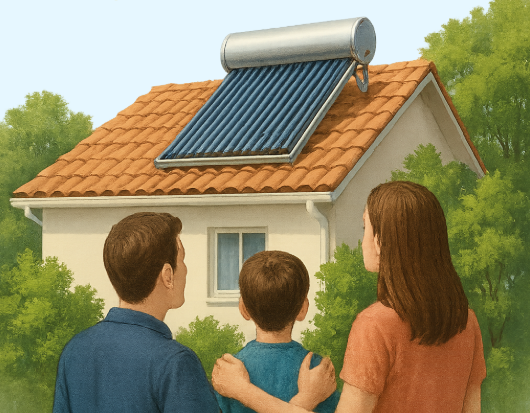
How It Works and Initial Investment
Solar water heaters operate by absorbing heat from sunlight, warming the water in the storage tank without relying on electric heating elements like traditional water heaters. This results in nearly zero electricity consumption during favorable weather conditions.
However, the initial investment is substantial. A solar water heating system with a capacity of 150–300 liters currently costs between $300–$600, significantly higher than conventional electric water heaters. On the upside, these systems typically last 10–15 years, or even longer with proper maintenance.
Real-World Energy Savings
According to electrical experts, water heaters are among the most energy-intensive appliances in a home, second only to air conditioners and refrigerators. A 2,000W water heater used for 1–2 hours daily can consume 60–120 kWh monthly, costing $6–$12 on electricity bills.
With a solar water heater, this expense is virtually eliminated on sunny days. A family of 3–5 members can save $65–$130 annually on electricity. Thus, the initial investment can be recouped within 3–5 years.
Key Limitations to Consider
Despite significant energy savings, solar water heaters have limitations:
Weather Dependency: During rainy seasons or cloudy days, hot water supply may be insufficient, particularly for larger households.
Installation Requirements: Adequate roof space, proper sun exposure, and additional plumbing costs are necessary.
Regular Maintenance: Dust and mineral deposits can reduce efficiency, requiring periodic cleaning and inspections.
Some households combine solar systems with traditional electric heaters as a backup during unfavorable weather, ensuring a continuous hot water supply.
Long-Term Benefits and Trends
Beyond direct financial savings, solar water heaters alleviate strain on the national power grid, especially during peak evening hours. They also reduce greenhouse gas emissions compared to fossil fuel-based electricity.
Given their impressive energy savings, these systems are considered a long-term investment. Experts recommend them for households with frequent hot water needs and suitable installation spaces, aligning with the growing trend of sustainable, eco-friendly consumption.
The Ultimate Guide to Smart Fridge Temperature Settings: Optimize Your Energy Bills
The precise adjustment of fridge and freezer temperatures is pivotal for optimal food preservation and can significantly reduce monthly electricity costs.
The Ultimate Guide to Mastering Your Induction Cooktop: Cook Faster, Safer, and More Efficiently.
The popularity of induction cooktops is soaring due to their speedy cooking, energy efficiency, and enhanced safety compared to gas stoves. To maximize these benefits, users should master the art of choosing the right pots and pans, utilizing appropriate cooking modes, and maintaining their cooktops with proper cleaning techniques.
The Solar Water Heater’s Italian Makeover: A Revolutionary Shift in Perceptions
As a favored renewable energy solution, solar water heaters are often stigmatized as being “difficult to maintain” or requiring a trade-off between aesthetics and performance. Ariston, the leading Italian heating brand, has successfully tackled these preconceptions.

